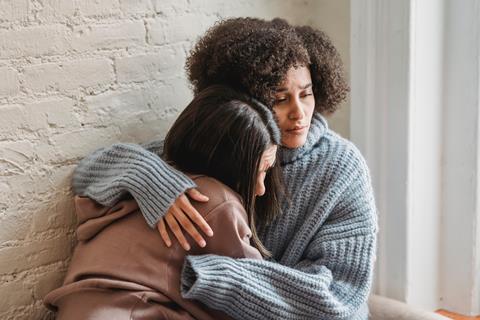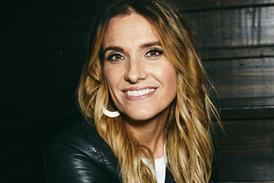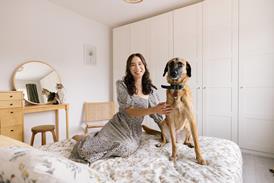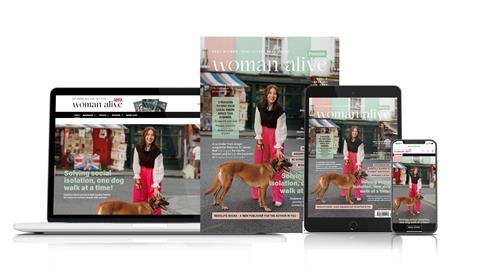Rachel Poulton MBE has shared her family home with teenage refugees for the last five and a half years. Here she explains why she’ll be opening her doors once again to welcome Ukrainian refugees.

“What about your own children?” we’re often asked. “Don’t you worry about them?” It’s one of the questions we most often receive, and it stems from a natural apprehension about the effects and possible dangers of welcoming young people to our homes who are complete strangers when they arrive.
You see, for the past five and a half years we have been sharing our home with teenage refugees. Our two youngest children, aged 13 and 15, have already spent a significant part of their growing up years sharing their home, and our attention, with refugees from a variety of countries across Asia, the middle East and Africa. We expect to be laying a few extra places at the table for a Ukrainian family fairly soon too.
So how do they feel about it, and what might the effects be on other children whose families are opening their doors this year to refugees, many for the first time?
Firstly, I should say that our kids, like us, never think of our extra young housemates as “refugees”. Their identity is so much greater than that – there’s Hamid who’s in the school football team, Fatima who’s learning piano, Ahmed who is a fantastic cook and taught us all how to make the best curry ever and then there’s Yoshua who makes us laugh.
Our kids, like us, never think of our extra young housemates as “refugees”. Their identity is so much greater than that.
Our kids take a pride in feeling part of the welcome for refugees and the whole experience has enhanced their understanding of the world and its problems considerably. They know how to communicate when there’s no common language and they understand that Bonfire night feels scary for people who’ve lived through gunfire and explosions. It’s lovely to see their empathy and thoughtfulness – whether they’re quietly letting me know that one of our guests is having a low day or offering to go shopping or kick a ball with another one. We see God at work in their lives – developing compassion and a strong sense of justice. We also have a lot of fun together and the house is always full of life and often laughter too.
There are tears as well though and it would be unrealistic to suggest that there haven’t been costs for our family. Our children have less one-on-one time with us than they might have done otherwise and we engineer small outings or activities to try to build some in. All our family holidays include young refugees so occasionally we’ll plan a trip with one of us to try to compensate a bit. However, when we hear the horrific stories of persecution, torture and cruelty that the young refugees have experienced, in addition to separation from their families, it feels worth it.
Our children know how to communicate when there’s no common language and they understand that Bonfire night feels scary for people who’ve lived through gunfire and explosions.
We’ve often seen how teenagers who have lived with us for a year or more are brilliant at helping new ones settle in. They give us tips too. At the end of the day, we have the incredible luxury of living in a prosperous, safe, democratic country. There’s food in the fridge and the house is warm. Why on earth wouldn’t we want to share this with a family who have had to leave everything behind?
I don’t think any of us will ever regret opening our home and right now we’re looking forward to meeting our next Ukrainian guests. The young refugees currently with us will be joining the rest of the family to help them settle in. The only difference is that they will know exactly how it feels to be welcomed to a stranger’s home.

































No comments yet